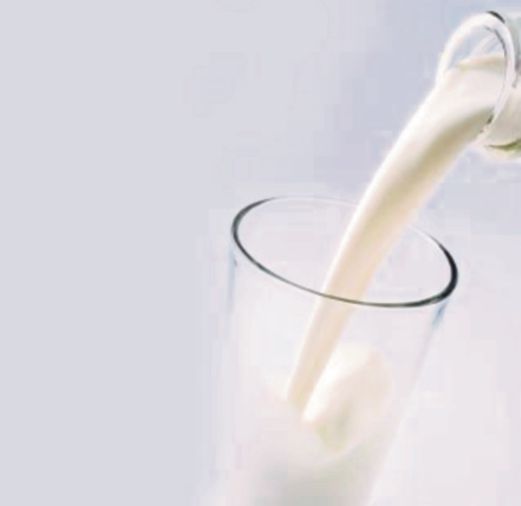This post is on Healthwise
BY FIRDAOUS FADZIL - 1 JULY 2014
ISAAC, a four-month-old boy, was suffering from eczema behind his ears and on his hands. Unaware that those were symptoms of cow’s milk protein allergy, his mother Carmen Low thought that this was common in babies until her paediatrician advised her to give her son soy-based formula instead of the ones derived from animals.
“We thought we were giving him the best by giving him the most expensive formula,” she said.


She started to introduce a soy-based milk to Isaac and after about three weeks, Isaac’s eczema had subsided and he started to look healthier and was even more active.
In a recent workshop sponsored and organised by Abbot Nutrition Malaysia, titled Conquering Cow’s Milk Protein Allergy In Children, consultant paediatrician Dr Khairul Zaman Omar and dietitian Indra Balaratnam gave a better understanding of the allergy among children. The event highlighted the importance of recognising the symptoms of the allergy, the diagnosis and its management in children.
The condition is a result of an adverse immune system reaction to the proteins found in cow’s milk.
Dr Khairul said that cow’s milk has been found to be the most common food allergen in Asia, including in Malaysia. Approximately five to 15 per cent of children develop adverse reactions to cow’s milk within the first three years of life.
Symptoms can vary from mild to moderate, and hence, can affect childhood development. It could even be life-threatening.
SIGNS AND SYMPTOMS
Explaining that it is one of the most prevalent but difficult to diagnose of food allergies, Dr Khairul said there is no definitive blood test to diagnose the allergy and history is the only key.
“The symptoms can affect gastrointestinal organs, the skin and respiratory tract, and can manifest as colic, loose stools, constipation, blood in stool, vomiting, eczema and so on. In Malaysia, there seems to be a trend to ignore the milder symptoms of blocked noses and sneezing in the morning; the coughing when crying, or when there is change in environmental temperature,” said Dr Khairul.
He stressed that those are often symptoms of an allergy and, specifically, cow’s milk protein allergy.
Therefore, parents should contact their paediatrician once they notice any of those symptoms. At this stage, they must share with the paediatrician their own family allergy history as this condition may have been passed on to the child. “The most common risk factor in developing the allergy is a parent with the allergy,“ said Dr. Khairul.
He pointed out that seborrhoea (eczema of the scalp) is commonly misdiagnosed as an infection, and treated with antibiotics, when it is often actually a symptom of cow’s milk protein allergy.
Food allergies are on the rise and parents need to take an active role in looking out for any negative reactions to ensure that their children develop properly.
“The advice is to reduce the risk. When your child is diagnosed with cow’s milk protein allergy, he should stop consuming cow’s milk,” said Dr Khairul, as he advised parents to take the route of preventive medicine.
AN ALTERNATIVE
Alternatively, parents can opt for soya-based milk formula, extensively pre-digested protein and amino acid modified formulae as alternative options.
“Many parents falsely believe that cow’s milk formulas are superior for children, so they feed their children who are milk intolerant with goat or sheep’s milk,” said Dr Khairul.
Goat’s milk is no substitute for cow’s milk when it comes to feeding a child with cow’s milk protein allergy.
“Goats and cows are both mammals, and it is only the size of the molecules that vary. The truth is that if a child has cow’s milk protein allergy, there is a significant possibility they will react to the goat (and sheep) milk too because of the similarity of the protein found in all of them.”
When discussing liquid milk substitutes in a cow’s milk protein allergy-friendly diet, Indra explained how soy-based formulas support normal growth and development in children just as well as cow’s milk-based formulas and are a safe and effective alternative to use for feeding of children with the allergy.
“In the market there are other substitutes for liquid milk, that are fortified with vitamins and minerals. I myself recommend these, because it’s a nice way of including them in your child’s diet,“ she said.
It is also a common misconception that soy milk is the same as soy-based formula.
“Soya milk lacks key nutrients, especially an essential amino acid, which the body needs for the proper growth and development of the child. Some preparations of soy milk have too much sugar which is not beneficial to growing children and that is why soy-based formulas could be the best alternative as they contain all the nutrients needed for children and keep cow’s milk protein allergy at bay.
http://www.nst.com.my/node/8137Go to Healthwise for more articles